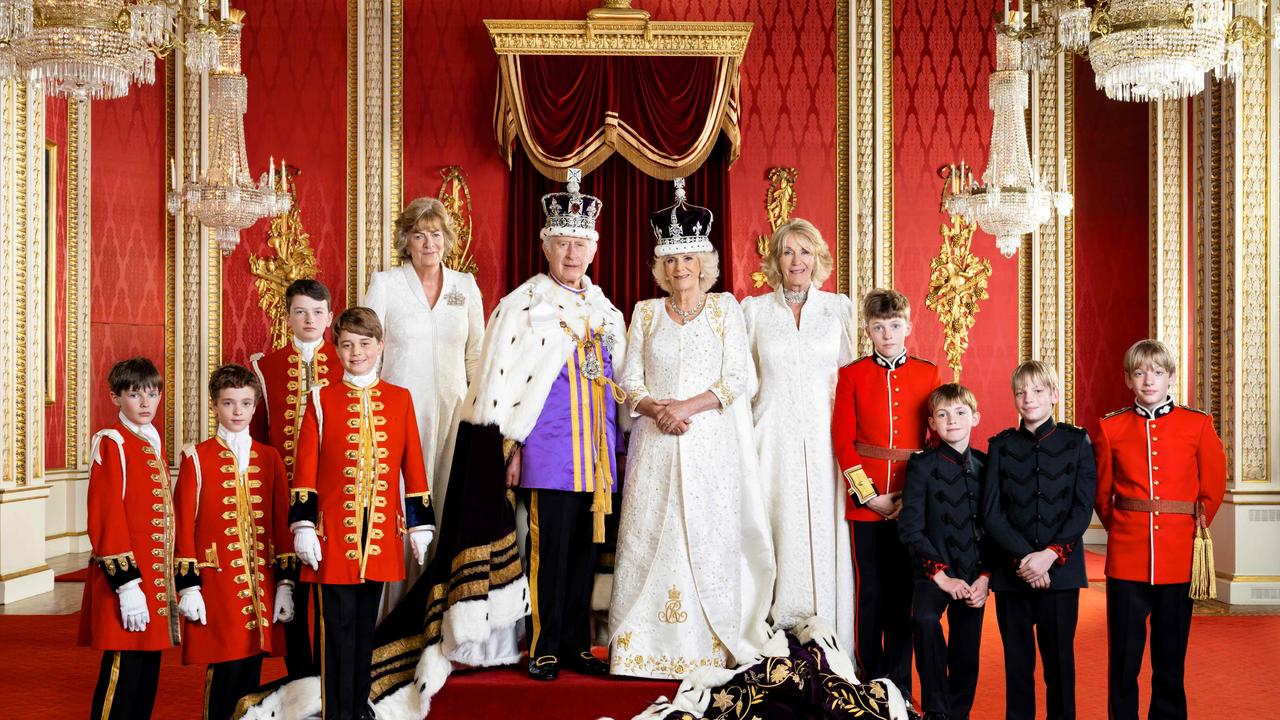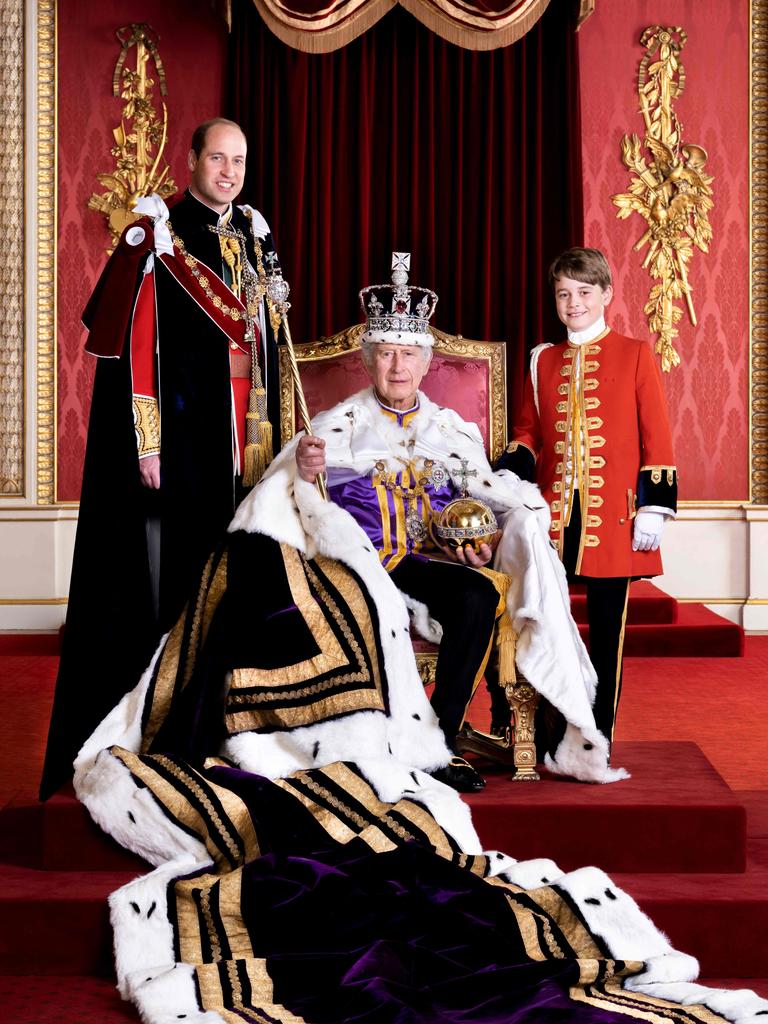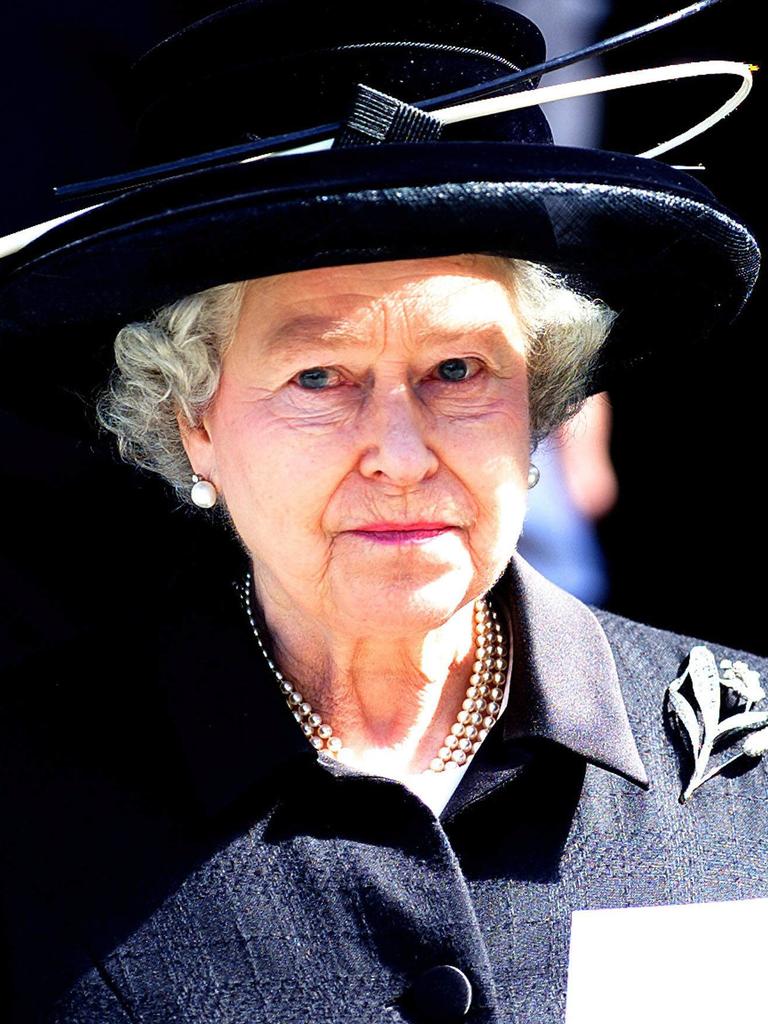Biggest change to national public holiday in 70 years
This year will mark a first for the national public holiday, with most states observing the celebratory day on the second Monday of June

READING LEVEL: GREEN
As of this year, the Queen’s Birthday public holiday will be known as the King’s Birthday – a label that will most likely stick for the next two generations of monarchs at least.
The name change comes following the ascension* of King Charles III to the throne in September last year following the death of Australia’s longest reigning monarch*, Queen Elizabeth II.
Despite the King being born on November 14, 1948, most Australian states celebrate the monarch’s birthday as a public holiday on the second Monday of June, in line with British celebrations.

For South Australia, NSW, Victoria, Tasmania, the ACT and the Northern Territory, this year’s King’s Birthday will be observed on June 12.
In Queensland, the public holiday falls on the first Monday of October, which this year will be October 2.
As Western Australia holds Western Australia Day on the first Monday of June, it celebrates the King’s Birthday in September in an effort to spread out its public holidays.
This year it will fall on Monday, September 25.
Excluding a legislative amendment* made to the states’ respective* Public Holidays Acts to change the name, in practice nothing else about the day should be different.
Most Australians have only ever known the public holiday as the Queen’s Birthday, with Queen Elizabeth II reigning as monarch for 70 years, taking the throne in 1952.
Following the death of her father King George VI, Elizabeth ascended to the throne at just 25 years of age, ruling until her death last year at the age of 96.

Charles, however, took the British throne at the age of 73 – the oldest monarch to ever do so.
The tradition of celebrating the sovereign’s birthday in June began with George II in 1748. He felt November, his actual birth month, was too cold for a celebratory parade.
During the reign of Edward VII, also born in November, the standardisation* of official summer birthday celebrations was implemented*.
Unlike other public holidays such as Good Friday and Boxing Day, most businesses will remain open, albeit some with reduced hours of operation*.

Although our Prime Minister, Anthony Albanese, has said he is a “lifelong republican” in an interview with media personality Piers Morgan, a referendum* to decide if Australia will become a republic* has not been announced, but forecasters* suggested that Australia’s decision not to put King Charles on the new $5 note was a sign that Australia had taken the first step on the road to becoming a republic*.
On November 6, 1999, Australians were asked to vote on whether Australia should become a republic with a president to be appointed to parliament replacing the Queen. The republic referendum at that time was defeated*. But the question hasn’t really gone away.
Since the Queen’s death last year, the debate* about whether Australia should become a republic has once again gained traction*.
GLOSSARY
- ascension: the act of rising to a higher position or rank
- reigning: currently holding the position of a monarch or ruler
- monarch: a king or queen who holds authority over a country or state
- legislative amendment: a change or modification made to a the law
- respective: belonging or relating individually to each of the things or people previously mentioned
- standardisation: the process of establishing a standard or uniform practice
- implemented: process of putting a plan, idea, or system into effect or action
- reduced hours of operation: when a business or establishment operates for fewer hours than usual
- republic: a form of government with an elected or appointed president as the head of state instead of a monarch
- referendum: a vote in which the public expresses their opinion on a specific issue or proposed change
- forecasters: people who predict or estimate future events or trends
- road to becoming a republic: the path or process involved in transitioning from a monarchy to a republic as a form of government
- defeated: when a proposal or idea is rejected or not accepted through a vote or contest
- debate: a discussion or argument between opposing viewpoints
- gain traction: to become more popular, accepted, or influential over time
EXTRA READING
King Charles III crowned at Coronation
Stone of Destiny arrives for King’s Coronation
QUICK QUIZ
- Who is the current reigning monarch of Australia?
- When is the King’s Birthday public holiday observed in Queensland this year?
- What was the reason behind celebrating the monarch’s birthday in June instead of their actual birth month in November?
- What happened during the republic referendum in 1999?
- What has sparked the renewed debate about Australia becoming a republic?
LISTEN TO THIS STORY
CLASSROOM ACTIVITIES
1. What’s the change?
Design a poster or write the words of an advertising jingle. Your purpose is to help everyone learn about the change to the name of the public holiday.
Time: allow 30 minutes to complete this activity
Curriculum Links: English; Visual Communication Design
2. Extension
Imagine that the Australian Government has decided to have a new public holiday. You have been asked to decide what the holiday will celebrate, or the reason for the holiday, and when it should be. Name and describe your new public holiday, explain why this is something important to celebrate and when it should be held.
Time: allow 30 minutes to complete this activity
Curriculum Links: English; Critical and Creative Thinking
VCOP ACTIVITY
Stretch your sentence
Find a “who” in the story - a person or an animal. Write it down.
Add three adjectives to describe them better.
Now add a verb to your list. What are they doing?
Add an adverb about how they are doing the action.
Using all the words listed, create one descriptive sentence.

